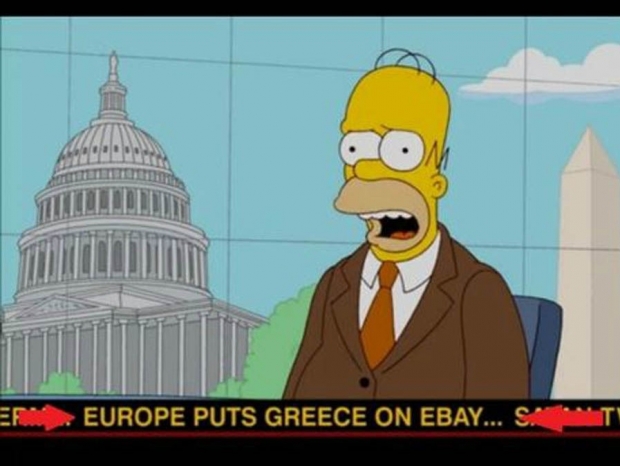Putting an end to “geoblocking”, whereby consumers in one EU country cannot buy a good or service sold online in another, has been a priority for the EU as it tries to create a single digital market with 24 legislative proposals.
It will also stop British sellers refusing to sell goods to Italy because shipments are either stolen or never delivered. This will create a few more complaints to the Italian government over its shitty and corrupt postal service.
The European Parliament, the EU’s 28 member states and the Commission have decided that they will allow EU consumers to buy products and services online from any EU country. The agreement applies to e-commerce sites including Amazon and eBay.
Companies will no longer be able to redirect consumers to a country specific website without their consent. Commission Vice President Andrus Ansip, responsible for the single digital market, said the proposal would put an end to unjustified discrimination for online shoppers.
The workaround for this is that consumers will still have to organise how to pick up a product if the company does not offer cross-border delivery. A canny online retailer who does not wish to play ball with the law can just agree to make the sale but will request the customer picks up the product.
“With the new rules, Europeans will be able to choose which website they want to buy from, without being blocked or re-routed. This will be a reality by Christmas next year”, Ansip said in a statement.
The proposal does not extend to copyright protected content, which includes music streaming services such as Spotify, electronic books, television series and movies. So Big Content has nothing to worry about. The parliament had hoped to include these services, but music industries warned that they would jack up the price in countries where such services are cheaper to punish the EU for daring to stand up to them.
The European Consumer Organisation (BEUC) argued that, by not including copyright-protected materials, consumer choice would be limited for people living or studying abroad.
“It is especially frustrating for consumers who belong to a linguistic minority and would like to watch series or films in their language”, Monique Goyens, the director general of BEUC, said in a statement.
The European Parliament and member states are expected to approve the new legislation early next year. It is seen as being enacted by the end of 2018.




